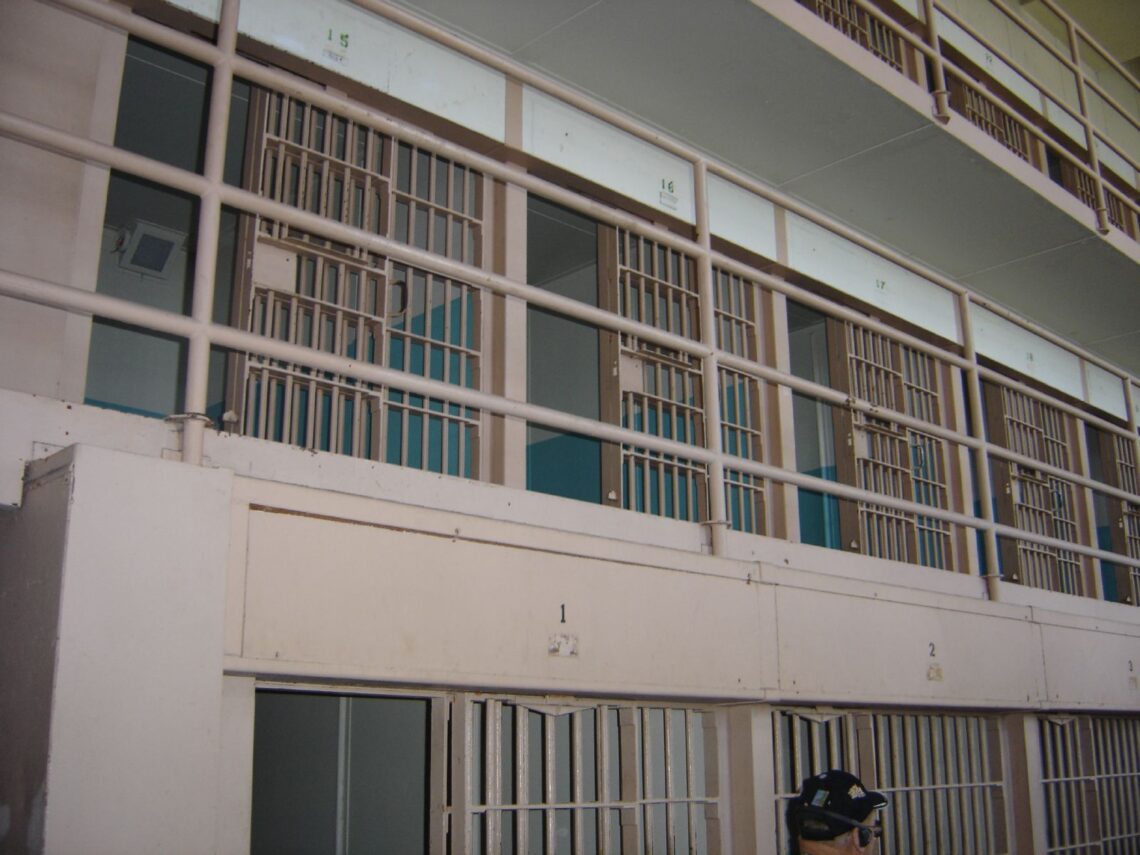Hidden within Ocala lies the Lowell Correctional Institution, a prison notorious for having thousands of abuse accusations coming from inmates.
Two years ago, the Department of Justice’s civil rights division came to Florida to hear the disturbing testimonials from women and their families regarding what goes on behind Lowell’s metal gates.
This meeting was just one part of an investigation into the correctional facilities, and in 2020 the DOJ released a 36-page report, which concluded that “there is reasonable cause to believe that Lowell fails to protect prisoners from sexual abuse by the facility’s staff.”
“Nothing is changing,” says former inmate Lisa Fundora who spent 15 years in Florida prisons experiencing this abuse first hand. Fundora reported sexual assault by a Lowell officer and was placed in solitary confinement for six months as a result.
“I shrunk down to 110 pounds,” Fundora said. “I was being punished for something an officer did to me.”
Though Fundora can share her story, current inmates rely on their families to speak on their behalf.
“They’re mistreated, they’re abused, and if you do anything against [the officers], the prison retaliates,” says one mother who wished to remain anonymous.
She explained that when inspectors visit the prison, the inmates are locked away, given fresh sheets, and forbidden to speak to anyone.
“It’s all a show,” Fundora confirmed while describing the sexual and mental abuse she endured from officers and staff members.
Allegations of sexual abuse have led to several Lowell officers and staff members facing criminal charges.
As recently as July 2020, an officer was arrested after admitting to engaging in oral sex with an inmate. That same officer has had several sexual abuse allegations raised against him since 2017. He remained employed at Lowell until his arrest.
This was not an isolated incident. At least a dozen Lowell staff members and officers were put on the “no inmate contact” list based on credibly alleged or confirmed misconduct in less than two years.
“If someone speaks out or reports anything they get locked up [in confinement] or transferred,” Fundora said. “The officer gets to keep their job.”
Lowell has put the entire state of Florida on watch. Democratic senator Janet Cruz put pressure on Governor DeSantis, urging him to “act decisively and request the immediate resignation of the current warden [Stephen Rossiter].”
As of January 2021, no action has been taken with regard to Rossiter’s resignation. Overall, there have been almost no reparations made for the women who have served or are serving at Lowell.
The efforts by the Florida Department of Corrections to protect the women have been inadequate. As a result, the DOJ provided necessary remedial measures to be put in place. These measures include the following: providing safe and separate housing for prisoners who report sexual abuse; ensuring prisoners have confidential options for timely reporting of sexual abuse; and ensuring that persons who report sexual abuse do not experience retaliation by other prisoners or staff.
The document states the attorneys general may initiate a lawsuit if state officials do not address the concerns within 49 days of the report’s release. It is unclear exactly what advances the FDC has made with less than a month left to make the appropriate changes.
FDC secretary Mark Inch says that the “FDC has cooperated fully with the U.S. Department of Justice’s Civil Rights Division during their investigation initiated in 2017 and will continue to do so. We appreciate the work of the U.S. Department of Justice and will be sharing the actions our department has taken to address the serious concerns outlined in their review.”
Despite statements like this, many people are unsatisfied with the FDC’s response to these allegations.
If you make the trip to the Lowell Correctional Institution, you will likely find protestors outside the concrete sign on the prison lawn.
Former inmates, families, and other advocates frequently carpool to Ocala to donate supplies, voice their concerns, and state their demands of the changes they want to see. Debra Bennett-Austin is the main organizer for many of these protests.
Bennett-Austin is the president of Change Comes Now. A former Lowell inmate herself and self-deemed prison mom, she is an advocate for the women in Lowell and has spent years fighting for reform.
Change Comes Now is a nonprofit dedicated to assisting “those who have been, are in danger of being, and who are currently impacted by the criminal legal system.” Members of this organization meet weekly to strategize and plan the closing of Lowell.
“It’s got to stop now,” Bennett-Austin said. “I hope this is a big hammer on top of that prison. Our punishment was to be removed from society for our crimes — not to be raped, groped, pushed, beaten, crippled and killed.’’
Featured image: Prison cells. Unmodified image by Dylan Oliphant used under a Creative Commons license. (https://bit.ly/36mD1s3)
Check out other recent articles from the Florida Political Review here.





